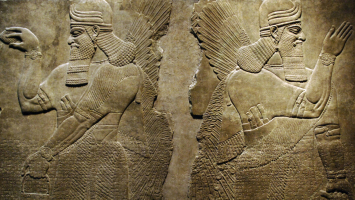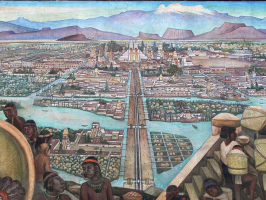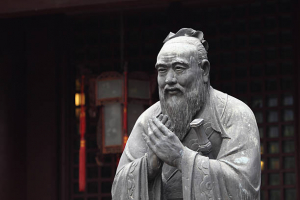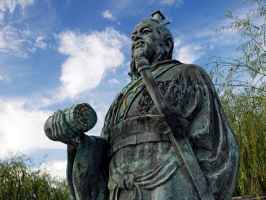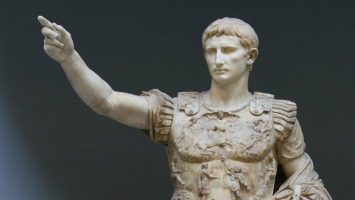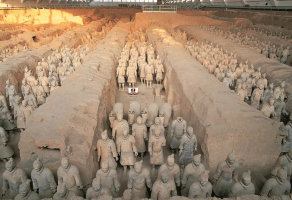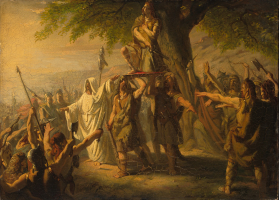Top 10 Major Contributions and Achievements of Steve Jobs
Steve Jobs was so important in business and technology that restricting a list of his accomplishments to just ten seems excessive. But it's clean and ... read more...uncomplicated, exactly as he wanted it. Here are the major contributions and achievements of Steve Jobs in computer and technology, as well as as an entrepreneur.
-
The first significant achievement to come on the "major contributions and achievements of Steve Jobs" list was Jobs's co-produced Apple II, Macintosh, and Apple IIc. Steve Jobs, together with fellow geniuses Steve Wozniak and Ronald Wayne, founded the Apple Computer in the spring of 1976. The trio entered the computer logic board industry. The Apple I was followed in 1977 by the Apple II, a larger commercial and technological success — a luxurious and comprehensive desktop computer. The Apple II sold at least 6 million copies between the time it was released and circa 1993.
Apple computers garnered positive feedback because they were exceedingly user-friendly, in contrast to the robotic look that Apple's competitors used for their products. Apple quickly became popular in the United States and other Western countries. Jobs understood the need of making personal computers accessible to American households and schools.
The Macintosh, Apple's crown jewel of the decade, was introduced in 1984. Jobs and Wozniak had successfully transitioned from a text-based command-line interface to a mouse-based one. The concept originated at Xerox's Palo Alto Research Center — (XRX). Furthermore, Jobs' marketing and distribution strategies were right on. He notoriously targeted Super Bowl commercial opportunities to promote the Macintosh.
To top it all off, Jobs unveiled the Apple IIc just a few months following the Macintosh. In comparison to earlier Apple computers, the Apple IIc was attractively built and featured an ultra-sleek casing. Customers might also select from a variety of colors provided by the corporation. Jobs was able to understand exactly what clients were searching for and consistently meet their demands.
Video: The Apple IIe: As seen in Tezza's classic computer collection 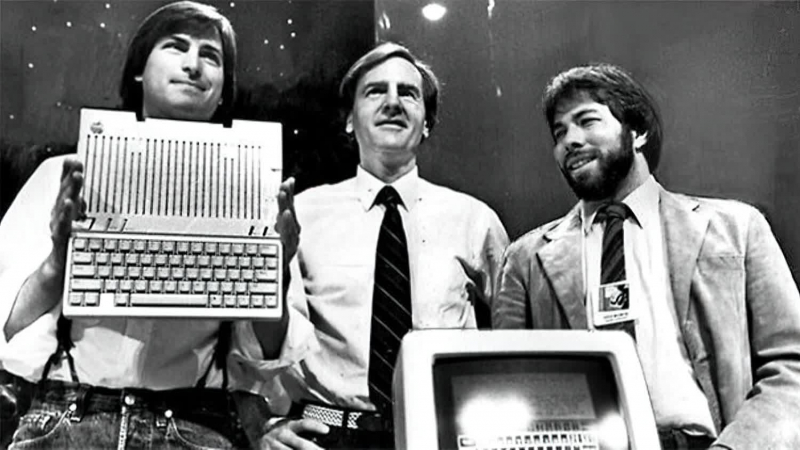
Photo: Steve Jobs, Steve Wozniak and Ronald Wayne -
Jobs' unconventional work style and ability to forecast a market made him a renowned business leader. His visit to Xerox Corporation's Palo Alto Research Center (PARC) with a group of Apple engineers in 1979 may be the most noteworthy example. According to some reports, this visit was in exchange for allowing Xerox to acquire 5% of the firm for $1 million. Inspired by his visit to Xerox, Jobs would incorporate the characteristics into his company's new line of computers. Jeff Raskin began the Macintosh project in 1979 with the goal of creating an easy-to-use, low-cost system for the typical customer, and Jobs quickly saw it as the right product for his ideals.
Jobs personally unveiled the first Macintosh in January 1984, during a large media campaign anchored by the now-famous TV advertisement based on George Orwell's 1984. The Macintosh, subsequently abbreviated as Mac, was the first commercially successful personal computer with a graphical user interface (GUI) and a mouse, as opposed to its predecessors' command line. This was a critical stage in the evolution of the personal computer industry. He introduced GUI, built-in screen and mouse into a personal computer.
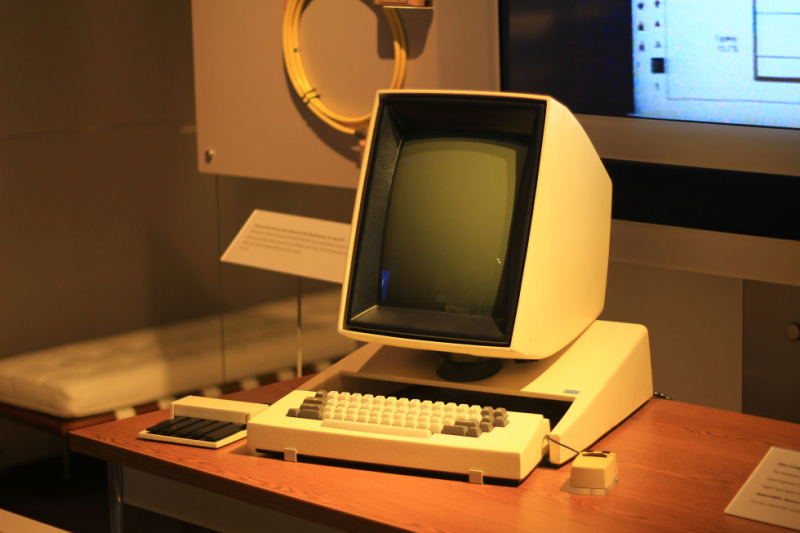
Photo: The first GUIs 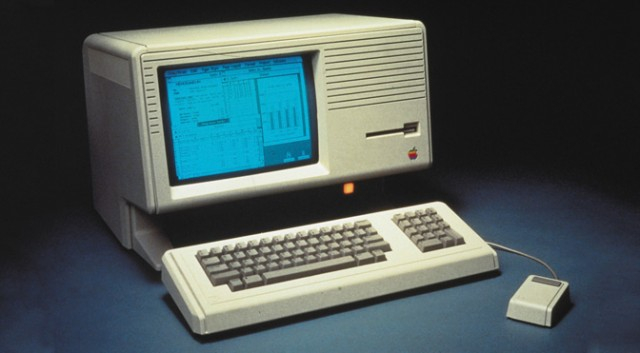
Photo: The mouse and GUI -
Jobs was fired from Apple in 1985 for unspecified reasons. Some speculate that he departed Apple to seek a new path. In any event, Jobs did not take any time off from Apple during his absence. Jobs immediately joined Pixar, an animation firm, in 1986. Pixar began with the moniker NeXT Inc before branching out into graphical animation. He brought color into the animation industry.
Former Disney animator John Lasseter was quietly providing a roadmap for Pixar's future by using in-house technology for innovative content. His two-minute Luxo Jr. (1986), showing two desk lamps playfully interacting with one another, earned an Academy Award nomination for Best Animated Short. Two years later, the five-minute Tin Toy became the first computer-animated film to claim the Oscar in that category.
Pixar has become a major force in the animated film industry in less than a decade. They collaborated with industry titans like Disney to create box office blockbusters in computer-animated films. Toy Story series (1995 and 1999), The Incredibles (2004), Monsters Inc (2001), In Search of Nemo (2003), WALL-E (2008), and others deserve special notice.
Overall, Pixar, Jobs' firm, generated billions of dollars at the box office. Pixar became one of the most lucrative animation firms in the world because of Jobs' enormous business skills. Jobs earned more than $7 billion in 2006 when Disney acquired Pixar. Remember that his original investment in Pixar was only roughly $10 million.
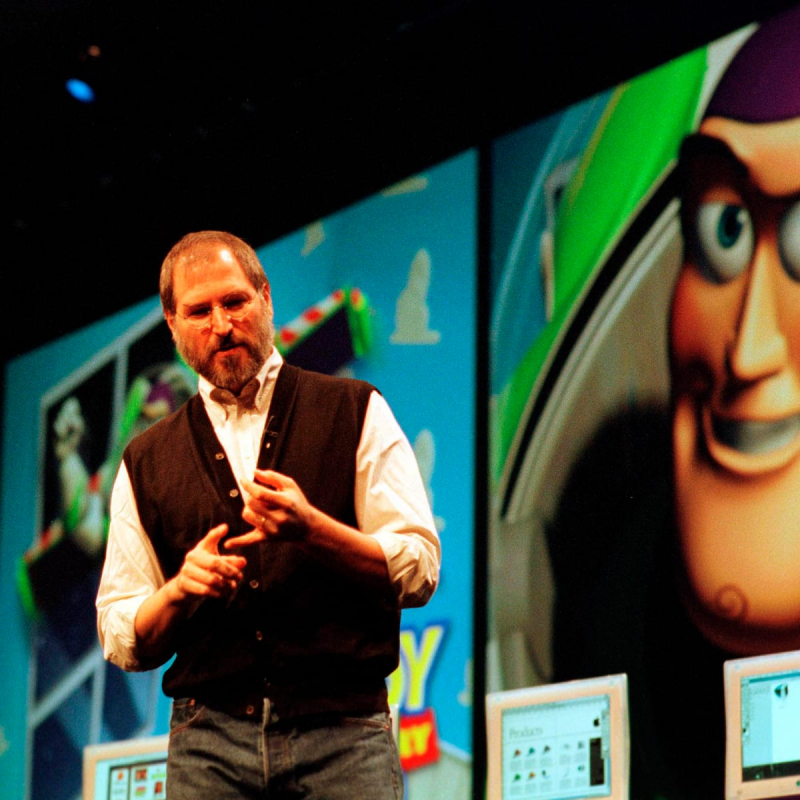
Photo: How Steve Jobs Changed the Course of Animation Video: How Steve Jobs Created His Other Company: Pixar -
Apple was not the first to join the market for portable music players. However, once it entered, it completely outperformed the competition. Jobs helped Apple create a sleek portable music player.
Apple released the iPod in 2001, a portable and well-designed music player that could store thousands of songs. The iPod, unlike other music players on the market, packed a powerful punch. Jobs made certain that the gadget was supported by well-written applications. He accomplished all of this while maintaining a user-friendly interface. Back then, for a moderate $400, one could acquire the iPod, which included a 5-gigabyte hard drive and a beautiful mechanical scroll wheel.
Even in the face of accusations that the iPod was purposefully designed not to sync with the Windows operating system, Jobs remained confident in his goods. The iPod music player eventually become a global household item. The next models were even more bright and more stunning than the preceding ones.
Jobs also swiftly resolved any issues that arose with the wheel and display functions. He took it a step further by including a touch-wheel in the music player. Soon after, Apple developed little miniature displays on iPods that allowed customers to enjoy.
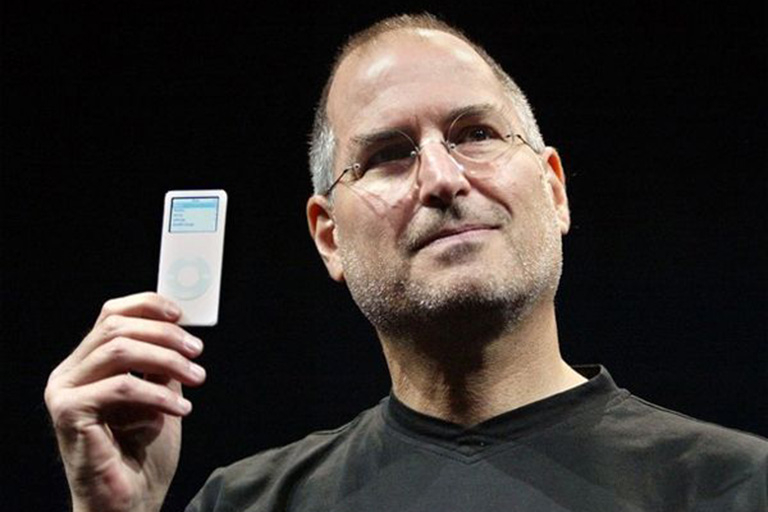
Photo: The ipod Photo: Apple Music Special Event 2005-The iPod Nano Introduction -
Today, the phrase "iTunes" is nearly synonymous with the word "music." And it was all because of Steve Jobs' tremendous efforts. He was a pioneer in the online music distribution platform.
Apple's iTunes, which debuted in 2003, has changed the way we listen to music in general. From musicians to music producers to record labels to consumers, iTunes has wreaked havoc on the music business. I mean "upset" in a nice way.
The iTunes Store provides clients with a digital platform where they can easily purchase music. Jobs recognized that music distribution and purchase were trailing far behind. As a result, Steve launched the iTunes Store, which allowed music fans to purchase music in a cheap, easy, and convenient manner. This contradicted the customary method of purchasing music, namely CDs and video cassettes.
Despite initial pushback from music studios, Jobs' brilliance for simplicity resulted in a pricing norm of 99 cents per song that stayed fixed for eight years. And it was his unstoppable charm as a salesman that pulled the record companies so thoroughly on board that iTunes is now the dominating player in the digital music sector. It was a win-win situation for all music business players. Everyone was ecstatic, and musicians made more money. Even individuals who enjoyed illegally downloading music discovered that Apple's iTunes Store had far superior content at more reasonable costs.
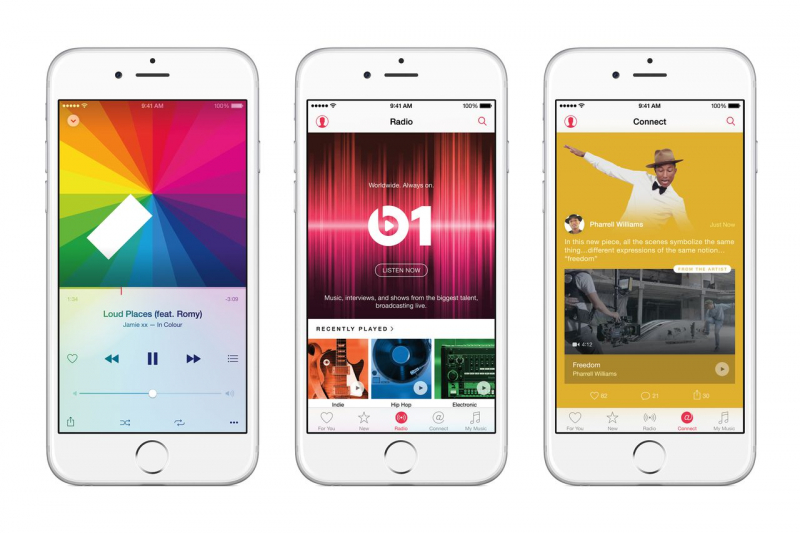
Photo: Steve Jobs Was Wrong About Music Streaming 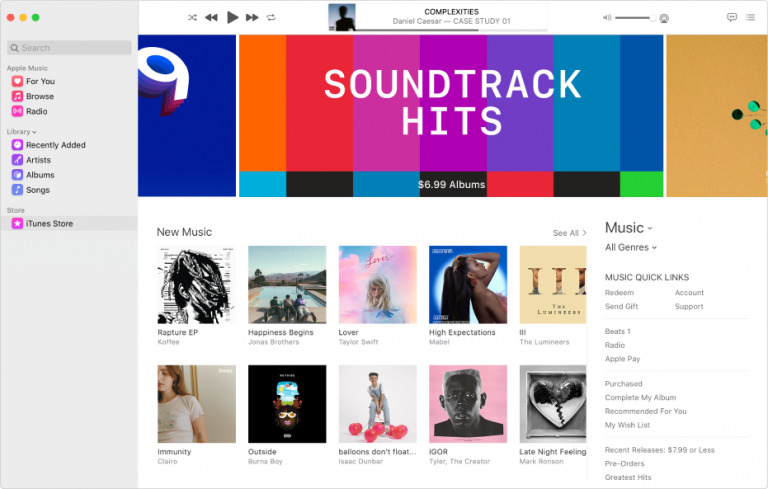
Photo: iTunes -
Steve Jobs was not just good at computers and programming, but he was also brilliant at handling the business side of things. He astounded us with his commercial savvy when he chose to open Apple retail locations in the early 2000s-An innovative Apple distribution and retail system.
Steve Jobs wished to avoid a situation in which Apple goods were predominantly marketed by people who were unfamiliar with the company's culture. As a result, he included the retailing aspect of Apple's company.
Apple Stores have been a huge success since they first appeared in 2001. Unlike purchasing an Apple product from a third-party seller, Apple Stores provided (and continue to provide) well-tailored services that expertly suited the demands of Apple devotees. This resulted in improved technical assistance and a more pleasant purchasing experience. It also enabled the buyer to explore the numerous items, which resulted in better purchasing selections. Apple reaped significant benefits from its retail outlets. Today, there are around 400 Apple Stores worldwide.
Jobs' original Apple retailing strategy has gone on to establish a highly distinct culture and user experience for current and future Apple product customers. It has gotten to the point where excited and obsessive Apple consumers line for days at the Apple Store before the release of a new Apple product.
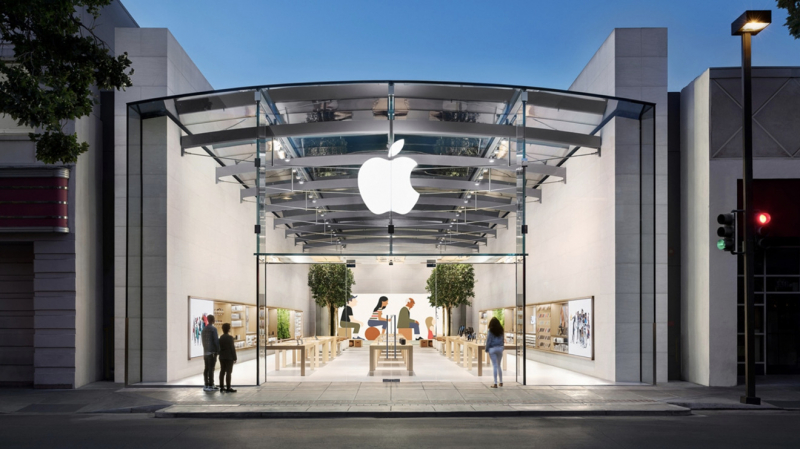
Photo: Apple now using retail stores as distribution centers in North America 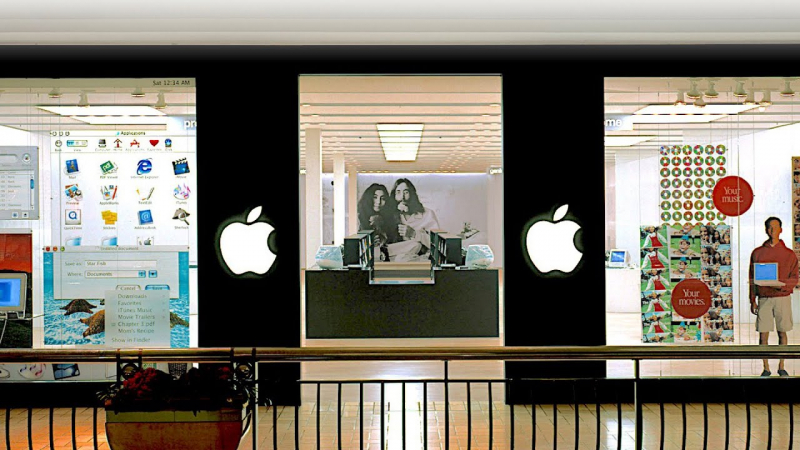
Photo: Inside The First Apple Store -
The "major contributions and achievements of Steve Jobs" list includes his return to Apple to make it a multi-billion dollar company. When Steve Jobs left Apple in the mid-1980s, the company's performance plummeted. Throughout the 1990s, Apple's stock price fell. Serious competition from Bill Gates' Microsoft was giving Apple's executives fits. The corporation struggled to maintain the excitement and profitability that it had produced in the 1970s and 1980s.
Apple purchased NeXT, a company where Jobs was working, in 1997. Within a few years, Apple had returned to exceptional profitability. With Jobs back at the leadership of Apple, the company's prospects improved. Apple's processes were simplified by Jobs' elimination of underperforming commercial ideas and products. He supplied high-level concentration, something the firm had been lacking for a long time. Jobs had effectively converted Apple's books from a negative profit to a net profit in less than a year. The rest, as they say, is history!
Apple is now one of the world's most valued firms. It has a market capitalization of almost $ 800 billion as of 2019. Apple's brand instills a sense of quality and dependability all across the world. And it was all because of Steve Jobs' vision and dedication.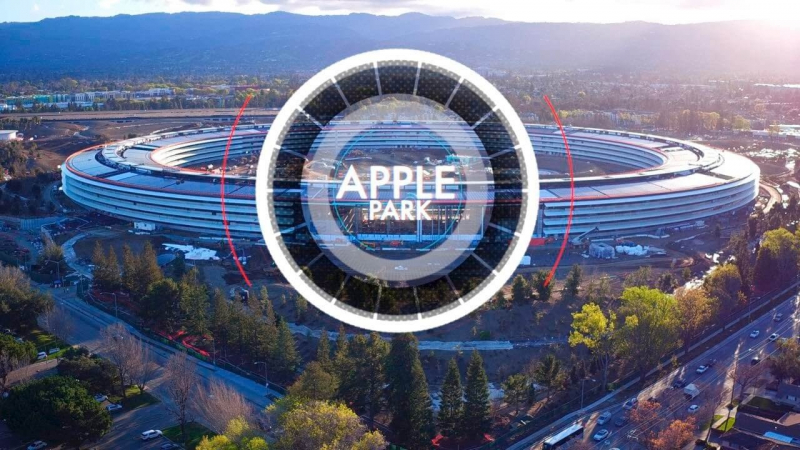
Photo: Apple Company 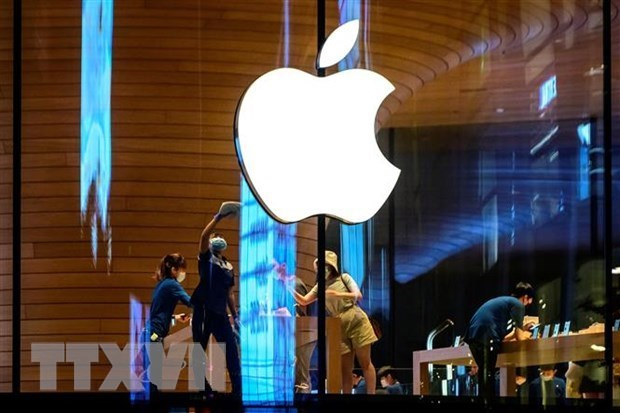
Photo: Apple company -
The Revolutionary iPhone Smartphones cannot fail to be mentioned in the list of major contributions and achievements of Steve Jobs. In 2007, Steve Jobs revealed to the entire world that Apple was in the midst of releasing a cutting-edge and stylish phone named the iPhone. Prior to 2007, the smartphone market was still in its infancy, with little innovation in the devices supplied by firms.
The world was taken aback by Apple's first iPhone. The functions it provided were far superior than those provided by other firms. Speed, visuals, sound quality, design, and so forth. Steve Jobs made certain that everything on the iPhone was nothing short of a masterpiece.
As Apple's iPhones and other smartphones get more advanced in terms of cameras, CPUs, and touch screens, the development of the super-stocked handset demonstrates that even the legendary Steve Jobs couldn't forecast the future.
However, the history of the original iPhone indicates that, while Jobs was indisputably smart, he was not a technological prophet who anticipated our digital future. He was only attempting to create a stylish phone. After more than a decade, the iPhone has dominated smartphone markets throughout the world. The iPhone was undoubtedly the most popular smartphone in the world for several years in the 2010s.
According to Brian Merchant, author of The One Device: The Secret History of the iPhone, for all of the original iPhone's game-changing innovations—the multitouch screen, the high-quality camera, the built-in accelerometers and gyroscopic sensors— Jobs saw the device first and foremost as a cellphone. And, back in 2005 and 2006, when the iPhone was being created, the idea of a smartphone was that it should fit easily in your hand and pocket. "If the iPhone was unpleasant to carry," Merchant continues, "that would have been a non-starter for Jobs."
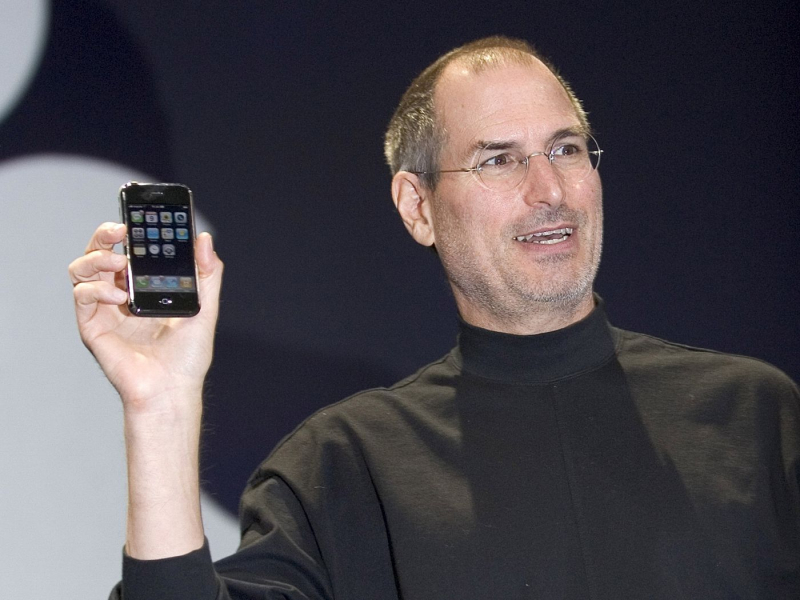
Photo: Iphone 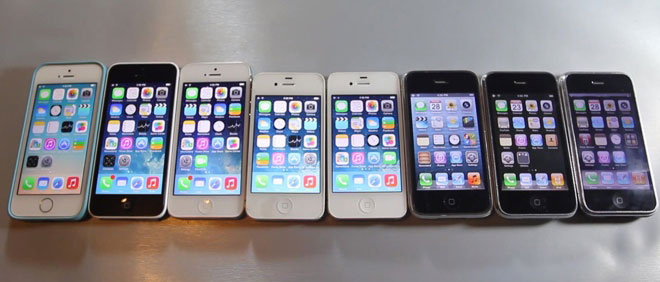
Photo: The Revolutionary Apple iPhone -
Steve Jobs successfully supervised the switch from PowerPC processors to Intel’s Core. Prior to 2006, Apple's computer lineup was predominantly powered by PowerPC CPUs. Jobs' announcement that Apple will transition from PowerPC processors to Intel's Core Duo CPUs might provide Apple with a significant competitive advantage. Apple's first laptop with an Intel CPU, the MacBook Pro, was introduced shortly after the announcement. In an astoundingly short length of time, the whole Apple line was switched to Intel by the end of the year.
Apple was able to transition to Intel seamlessly under Jobs' leadership by the end of 2006. Apple's MacBook got speedier than ever before after this change. Their yearly sales results showed this as well.Jobs was interested in electronics, but he joined an organization called the Hewlett Packard Explorer Club, where HP experts showed young people their latest goods. It was there when Steve, then 12, saw his first computer. It had such an impression on him that he decided he wanted to work with computers right away.
Wozniak offered a PC that they rejected due to the terms of their contract with HP. It was also the year when Apple Computer Company was founded in 1976.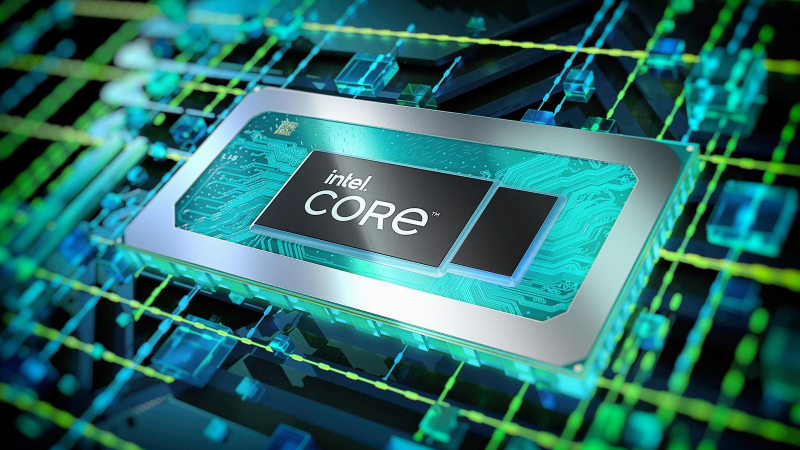
Photo: intel Core 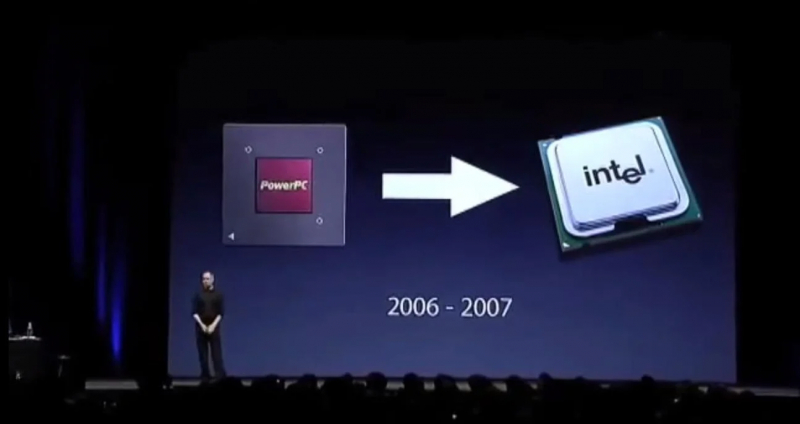
Photo: The Switch to Intel -
Steve Jobs' response to Google's Android-everywhere plan was straightforward and audacious: he introduced the iPad. Despite what he told Walt Mossberg of The Wall Street Journal seven years previously, many people expected Jobs to debut a tablet. "It turns out that people desire keyboards..." "When we look at the tablet, we believe it will fail," Jobs stated.
If Google tried to win the mobile-platform fight on breadth, Jobs would win it on depth. But he'd changed his mind. If Google tried to win the mobile-platform fight on breadth, Jobs would win it on depth. All that then-Android CEO Andy Rubin had to do to spread Android was to get it on more and more computers; like Bill Gates with Windows, Rubin didn't care if devices were successful or not as long as the Android platform grew overall. Jobs needed to strike it out of the park every time to make Apple's strategy succeed — to build the iOS platform vertically.
Perhaps more people throughout the world possess Android phones than iPhones. People who bought iPhones, on the other hand, would also own iPads, iPod Touches, and a bevy of other Apple goods that all ran the same software, all linked to the same online shop, and all created far higher profits for everyone involved. Only someone with Jobs' self-assurance would have the audacity to set such a high standard. He kicked off the tablet trend.
Jobs presented his innovation to the world as though he were assisting his audience in completing a large jigsaw puzzle.
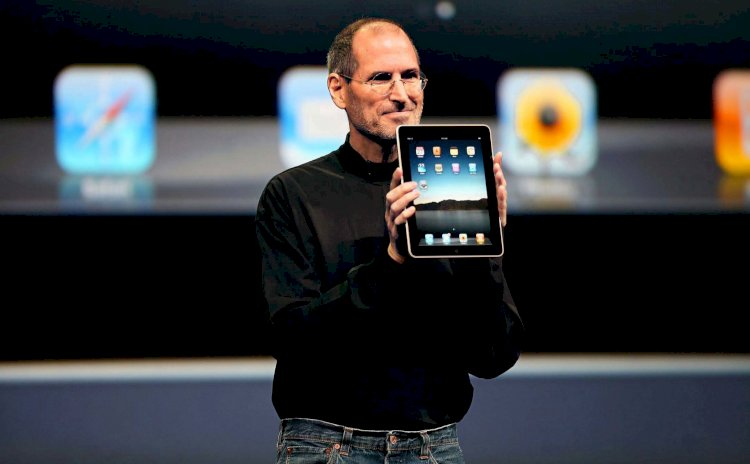
Photo: Steve Jobs introduced the first generation iPad Video: Watch Steve Jobs announce the original iPad in 2010












